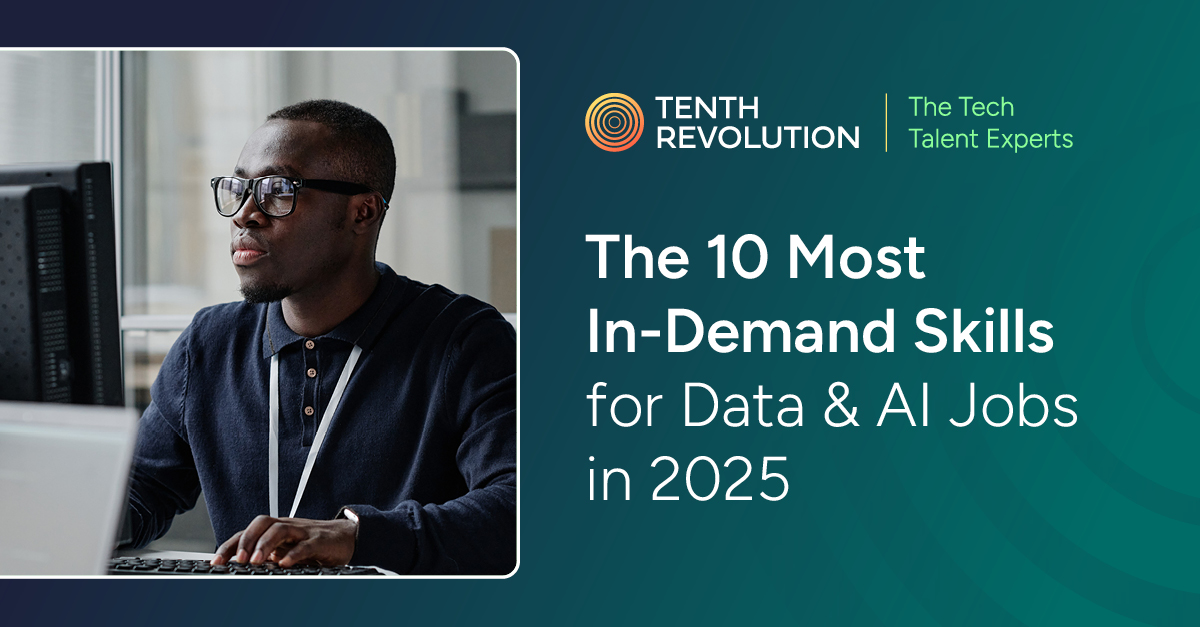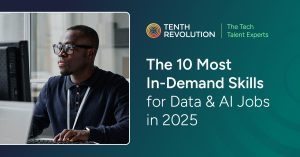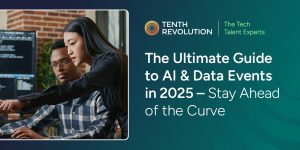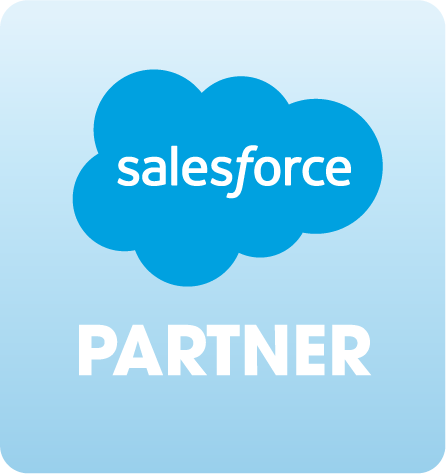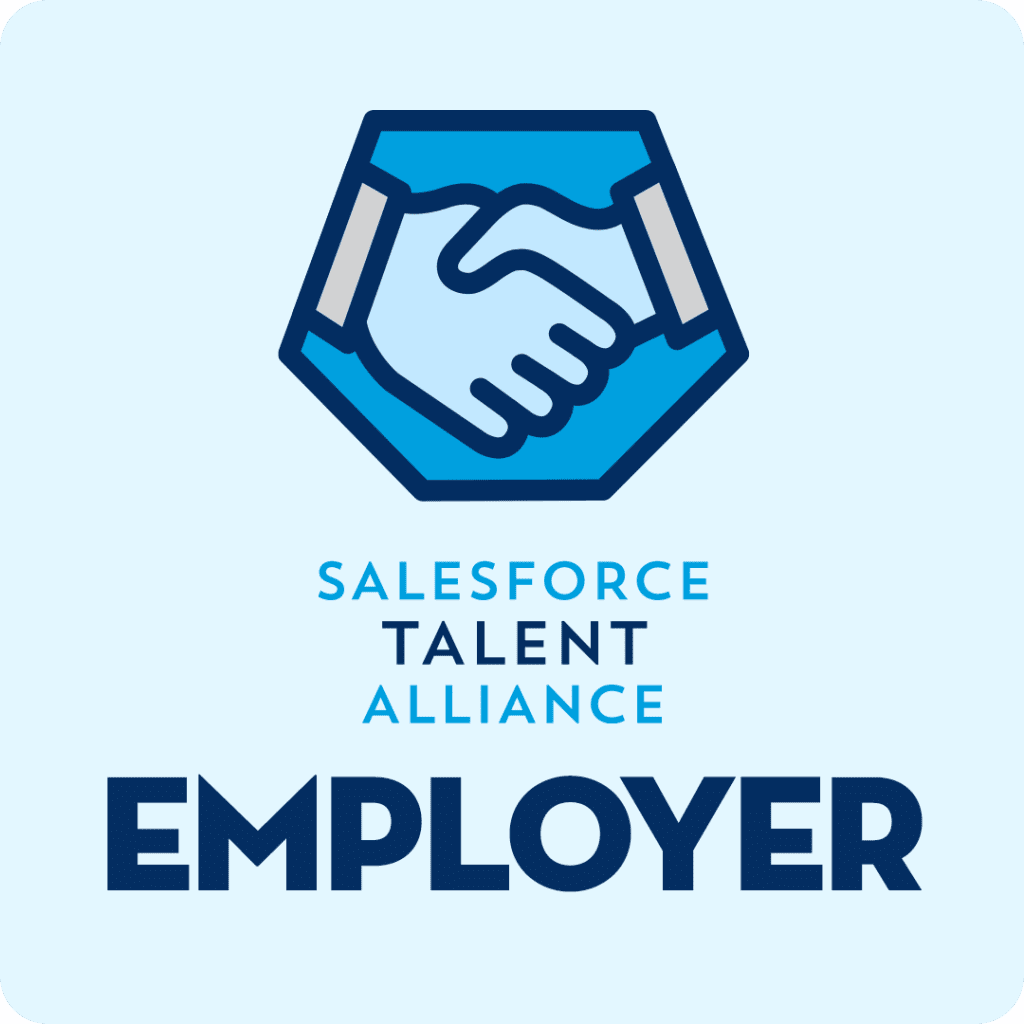As world-leading experts in tech recruitment, we have a front-row seat to the ever-evolving data and AI talent market.
Employers’ needs are shifting rapidly, leading to a disconnect in the supply and demand of vital knowledge and skill across various industries. However, this also presents opportunities: professionals can upskill in high-demand areas to accelerate their careers, while employers who proactively address knowledge gaps will be better positioned to leverage emerging technologies ahead of competitors.
To navigate these challenging job markets effectively, it’s crucial to understand the core competencies to develop or seek in candidates—especially with three-quarters of AWS professionals (74%), 68% of Microsoft professionals, and 67% of Salesforce professionals in our latest Careers and Hiring Guides telling us that artificial intelligence and machine learning were the two main areas they’d benefit most from training and development.
And that’s where this blog comes in.
Based on our extensive experience placing talent across industries and continuous conversations with hiring managers across all of tech’s major ecosystems, here are the top 10 skills that will define success in 2025.
Explore our industry-leading Careers and Hiring Guides
1. Machine Learning and Deep Learning
Machine learning remains the engine behind most AI applications, while deep learning—especially with transformer-based architectures—is pushing the boundaries in areas like computer vision, autonomous systems, and natural language processing.
There’s a growing preference for candidates who not only understand ML theory but can also train, fine-tune, and deploy models using frameworks like TensorFlow, PyTorch, and Hugging Face. We’re seeing hiring managers preference candidates with experience in LLMs, CNNs, RNNs, GANs, as well as those with hands-on experience with real-world implementation of ML algorithms. The ability to navigate large-scale data environments and handle model drift is increasingly critical.
2. Data Engineering
Data engineering is the backbone of modern AI pipelines. As data volumes surge, the ability to clean, structure, and move data efficiently is crucial for enabling meaningful analytics and ML applications.
Employers are prioritizing expertise in tools like Apache Spark, Kafka, dbt, and Airflow, alongside proficiency with SQL and cloud data platforms like BigQuery and Snowflake. Experience building data pipelines (ETL/ELT) is a must, while data engineers with cloud-native experience are particularly sought after as teams continue to migrate infrastructure to (and from) Amazon Web Services (AWS), Microsoft Azure, or Google Cloud (GCP).
3. Cloud Computing
Cloud platforms are now the standard for AI workloads, offering scalability, flexibility, and access to powerful pre-built services for model training and deployment.
Candidates with hands-on experience with cloud-native ML workflows, infrastructure automation, deploying containerized applications (using Docker/Kubernetes), managing cloud storage, and leveraging services like SageMaker, Vertex AI, or Azure ML are seeing strong demand—particularly in mid-to-senior roles.
4. MLOps and Model Deployment
The ability to operationalize machine learning models—ensuring they’re reproducible, maintainable, and scalable—is a key differentiator in production environments.
Demand is rising for professionals familiar with the full MLOps lifecycle, from automated pipelines (CI/CD) to model monitoring, versioning, and retraining. Experience with MLflow, Kubeflow, or TFX is often a requirement in AI-first companies scaling their deployments
5. Data Storytelling and Visualization
Translating complex data into actionable insights is a critical skill—especially in cross-functional teams where not everyone speaks “data.”
Candidates with strong data storytelling abilities and associated tools like Tableau, Power BI, or Plotly are highly valued. There’s also increasing emphasis on business acumen—the ability to tie insights to commercial outcomes is what elevates good analysts to great ones.
6. Natural Language Processing (NLP)
From chatbots to search engines and document summarization, NLP is one of the most commercially impactful areas of AI—especially with the rise of large language models.
Hiring managers are looking for candidates who can demonstrate real-world use cases in chatbots, search, and summarization. Those experienced with modern NLP stacks—transformers, attention mechanisms, tokenization, and embeddings—and tools like spaCy, NLTK, or the Hugging Face ecosystem are also best placed in today’s market. Fine-tuning and prompt engineering are quickly becoming core competencies.
7. Ethical AI and Responsible Innovation
With increasing scrutiny on how AI systems affect individuals and society, there’s a growing need for professionals who can embed ethics, fairness, and transparency into product design.
Regulated industries (like finance, healthcare, and government) are actively hiring for expertise in bias detection and mitigation, model explainability (XAI), and compliance frameworks such as GDPR and AI Act. Teams are also seeking diverse perspectives to challenge algorithmic blind spots.
8. Programming in Python and SQL
These two languages remain foundational. Python is the default for machine learning and automation, while SQL powers nearly every data backend.
Employers expect fluency in Python’s data ecosystem (Pandas, NumPy, Scikit-learn), along with strong SQL querying skills. Candidates who can write clean, optimized code—and collaborate in version-controlled environments (Git, Notebooks, APIs)—stand out in both startup and enterprise settings.
9. Business and Domain Knowledge
The most impactful data professionals don’t just analyze—they understand the “why” behind the work. Domain knowledge helps bridge the gap between technical output and business strategy.
There’s a clear preference for candidates who understand industry-specific nuances—be it fraud patterns in fintech, demand forecasting in retail, or patient journeys in health tech. These insights make technical solutions far more relevant and scalable.
10. Generative AI and Foundation Models
Generative AI is transforming industries—from content creation to drug discovery. Knowledge of how to harness and fine-tune large models is becoming a competitive edge.
Professionals with hands-on experience using ChatGPT, Claude, DALL·E, and open-source alternatives like LLaMA or Mistral are gaining traction. Roles focused on prompt engineering, RAG pipelines, fine-tuning, synthetic data generation, and AI co-pilots are appearing across sectors.
There’s little doubt that 2025 will be a pivotal year for data and AI hiring. The demand for specialized skills is rising, and so is the pressure on organizations to attract and retain the right talent in order to take advantage of the potential AI and machine learning has to become a genuine gamechanger. For professionals, it’s a prime time to upskill. For employers, the key is aligning your hiring strategy with where the field is headed—not where it’s been.

